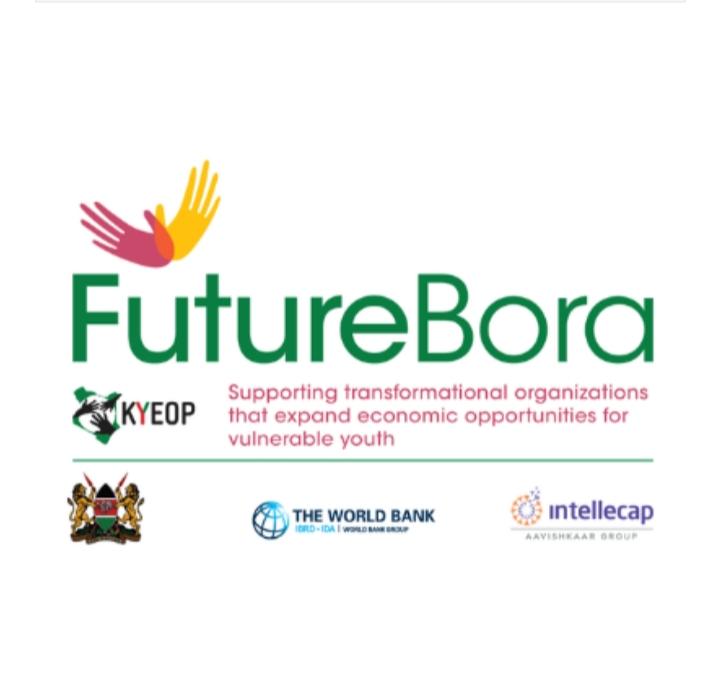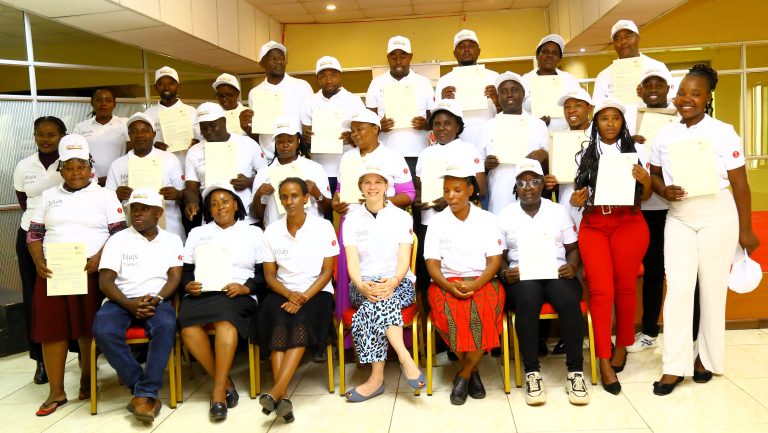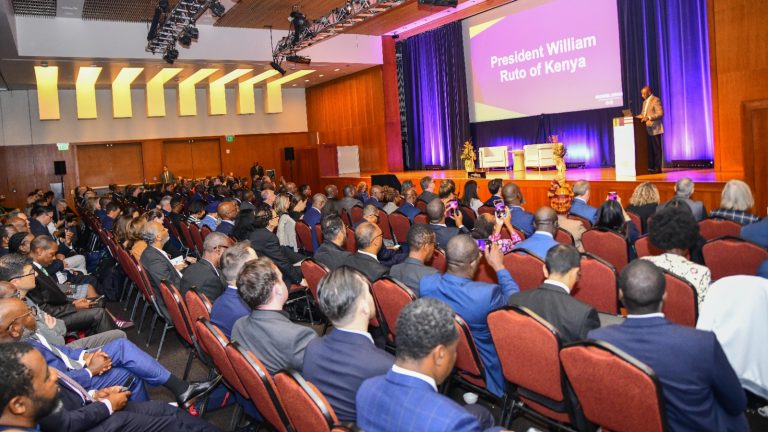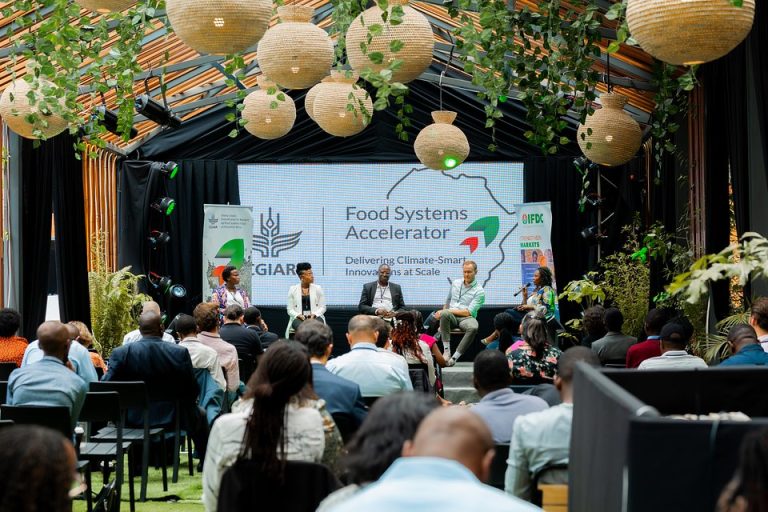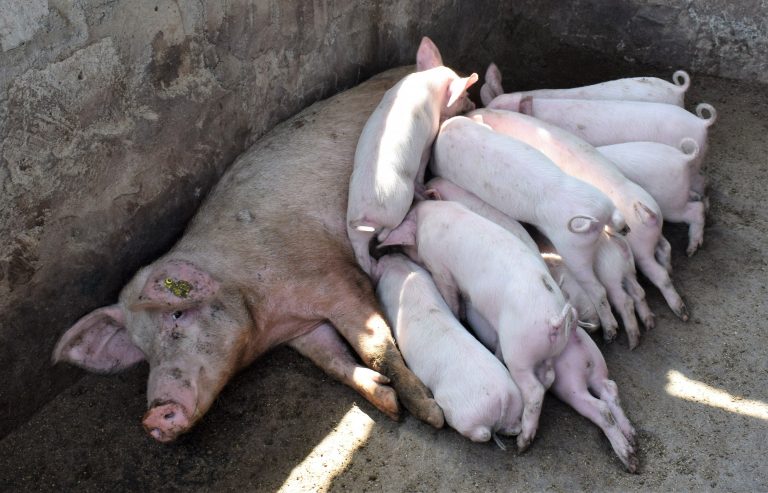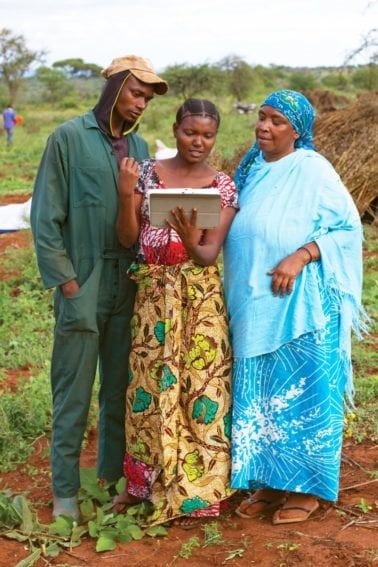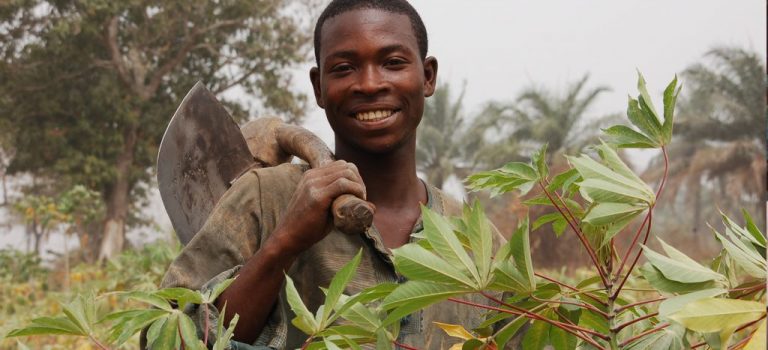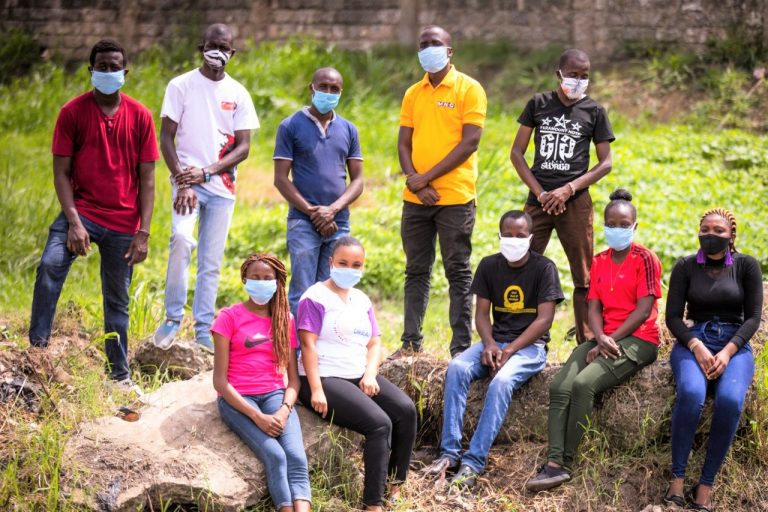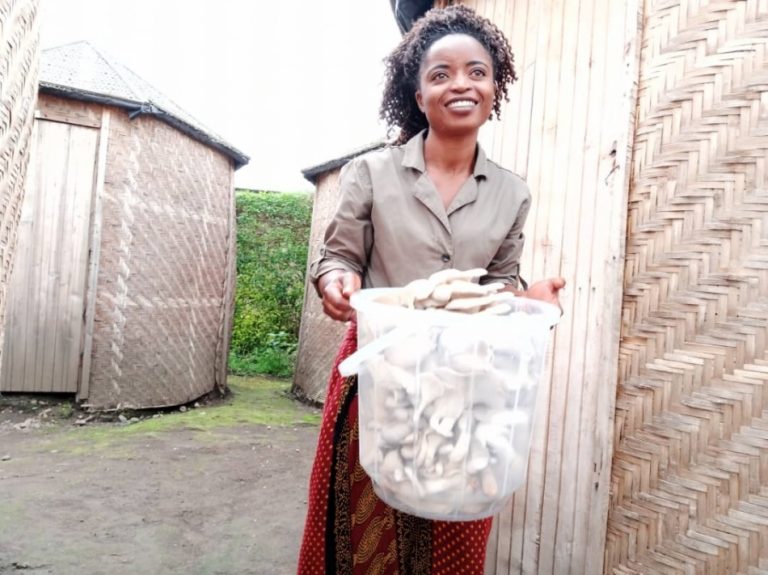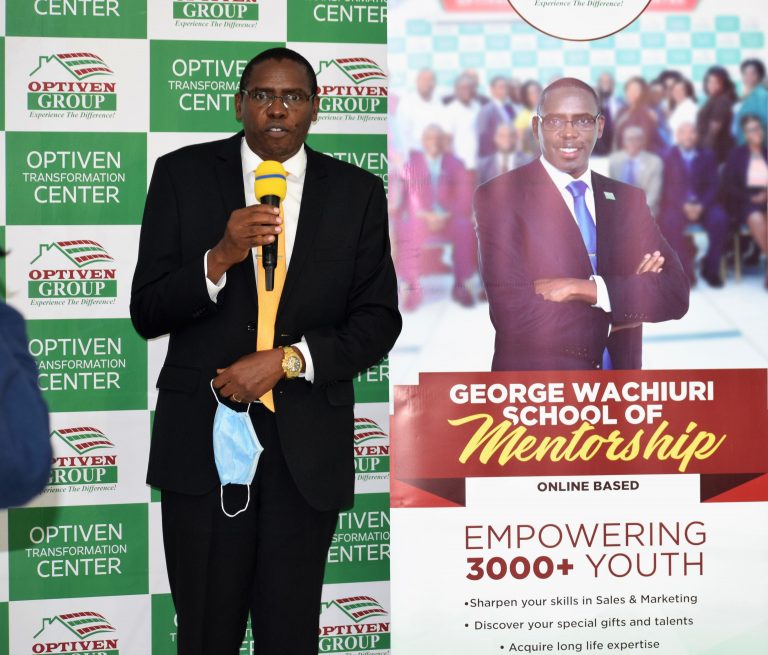The Ministry of ICT, Innovation, and Youth Affairs and the World Bank have launched a Ksh120 million initiative dubbed “FutureBora” to support organizations that create income generation opportunities for orphans, persons with disability, youth affected by conflict, youth from vulnerable and marginalized communities, street youth and young single mothers to boost their income and reduce youth unemployment.
FutureBora is an initiative of the Government of Kenya under the Kenya Youth Employment and Opportunities Project (KYEOP). By supporting interventions that are tailored to the local and highly specific needs of the most vulnerable youth, the initiative aims to expand economic opportunities for the most vulnerable and under-served Kenyan youth. Organizations engaging in Agribusiness can also take advantage of the initiative.
Speaking at the launch, the Chief Administrative Secretary, Ministry of ICT, State Department for Youth Affairs, Nadia Ahmed Abdalla who was representing the Cabinet Secretary during the launch said that the FutureBora initiative is one of the products under the five-year KYEOP project which is funded with a credit of Ksh15billion from the World Bank and targets to benefit over 280,000 youth between the ages of 18 to 29 years with some components extending the age up to 35 years.
The youth unemployment rate in Kenya doubled this year to 10.4 per cent as companies shut operations due to the coronavirus pandemic, with over 60 per cent of the disabled and vulnerable youth being unemployed compared to their non-disabled and vulnerable peers, according to the Global Disability Rights Now Kenya.
“Unemployment challenges adversely affect the vulnerable and under-served youth as they are excluded from participating and benefiting from the mainstream employment interventions. They also face obstacles that are unique to their environments such as stigmatization and misconceptions, sole childcare responsibilities, lack of mentorship, and limited access to adaptive learning. Our goal is to empower them through developing favourable policies, job creation and increasing expenditure in development projects through such initiatives By supporting interventions that uplift the wellbeing of the most vulnerable and underserved youth, the FutureBora Initiative is going to provide the much-needed backing to organizations that offer opportunities to susceptible youth in Kenya.” said Nadia
“Ultimate beneficiaries of FutureBora will be vulnerable youth who are jobless and have experienced extended spells of unemployment. Organizations to participate in the initiative will be selected from various counties in the urban and rural areas of Kenya,” said Julius Korir, Principal Secretary, State Department for Youth at the Ministry of ICT.
Three organizations with high potential interventions tailored to the specific needs of the most vulnerable youth and creating income generation opportunities will receive grant funding of up to Sh40 million each, disbursed in tranches based on goals achieved. To ensure transparency, an independent managing firm, Intellecap Advisory Services, and an independent judging panel will manage the selection process. Call for applications opened on Mashujaa Day and closes on December 15, 2020. Shortlisted organizations will later get invited to present and pitch their proposed interventions to the jury panel.
“Youth are the backbone of the Kenyan economy yet they have outpaced by the country’s capacity to absorb them into the job market. It is for this reason that the Kenyan government, development partners, private sector, and NGOs have pooled their resources to initiate programs that create sufficient jobs,” said Abla Safir, Senior Economist, World Bank Group.
“KYEOP is a social protection project that targets vulnerable youth. It is a one-stop-shop model that has different products under the same roof with each product targeting a specific segment of the youth population,” said KYEOP National Project Co-coordinator, Olivia Ouko. She added that FutureBora is one of the five products and targets the “hard to serve youth wit the project envisaging a situation where apart from creating jobs for themselves, the youth are also empowered to employ their fellow youth.


